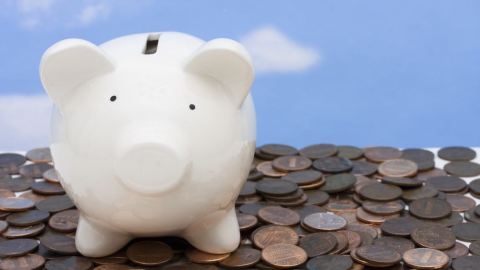For Biggest Economic Bang, Give Middle Class a Windfall

Challenging our assumptions is difficult. It may even require first-rate intelligence, which F. Scott Fitzgerald defined as “the ability to hold two opposed ideas in mind at the same time and still retain the ability to function.” And when it comes to redistributing income, all sides tend to come to the table with pretty ingrained notions of what is fair or what is good.
Some think the government should function like Robin Hood, taking from the rich and giving to the poor, while others might like to see Mr. Hood behind bars for thievery.
The Economist takes on the idea that redistributing income from the rich to the poor is good for the nation’s bottom line — GDP — since the poor spend money that the rich would otherwise leave sitting in their bank accounts.
When you qualify rich and poor in terms of cash flow, a different story emerges, primarily because of the American middle class, which is technically rich — they make a lot of money — but remains cash-poor — they tend to sit on illiquid assets like homes and automobiles.
If the only goal of income redistribution was to spur economic growth, then taxes paid by the rich should be given to the middle class first because they are more cash-poor than lower tax brackets and therefore more likely to spend any additional income.
“Those with lots of liquid wealth spend just 13 percent of an unexpected windfall; those living hand to mouth spend 24 percent. The wealthy-but-income-constrained react most, spending 30 percent of any windfall, suggesting they are even more cash-strapped.”
Of course, our only reason for preferring an equitable society isn’t about economic growth. There is also the matter of fairness, and the desire to provide everyone with an equal opportunity for success.
Read more at The Economist.





